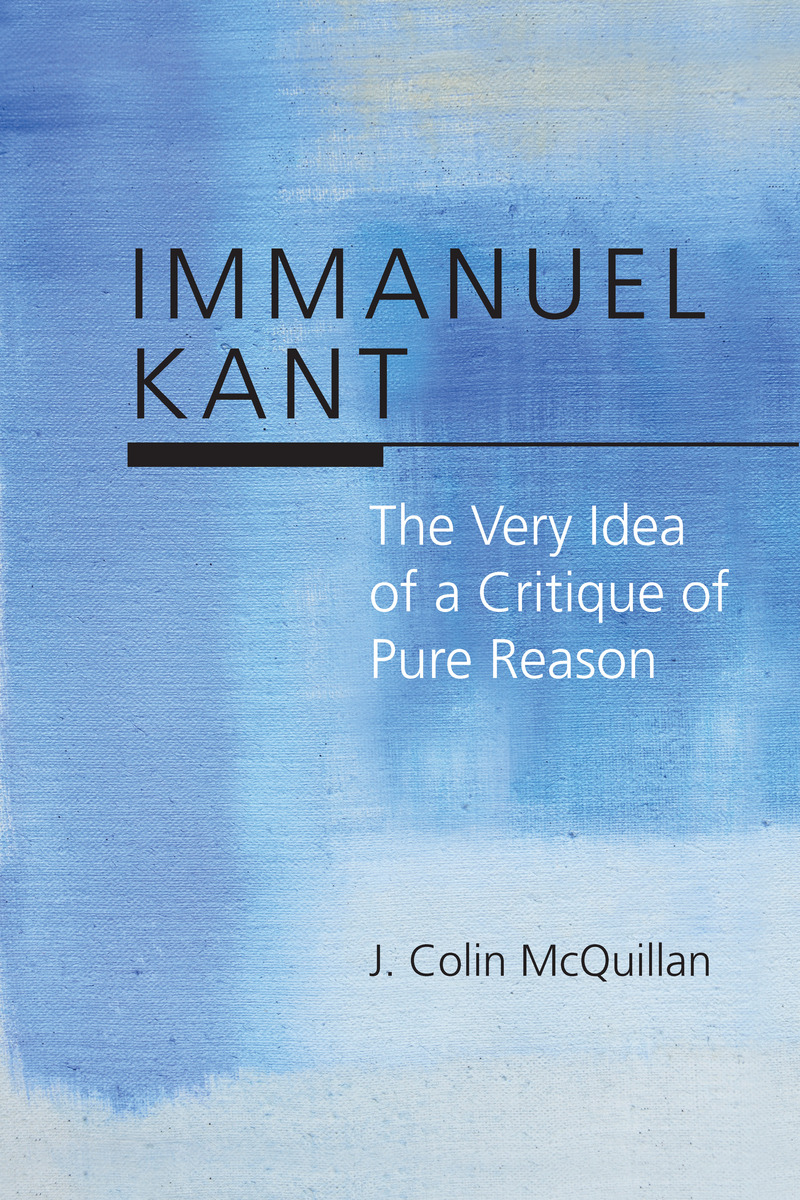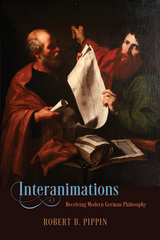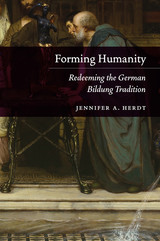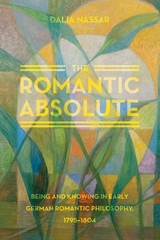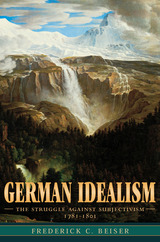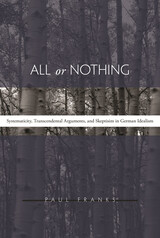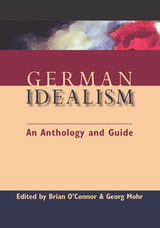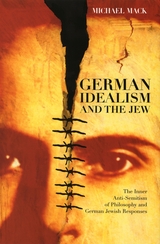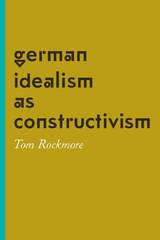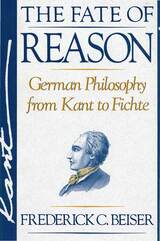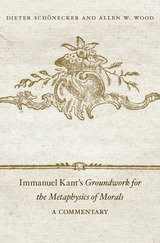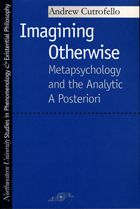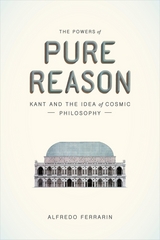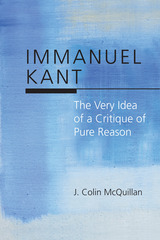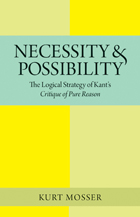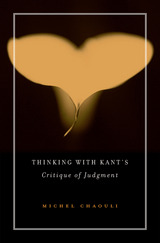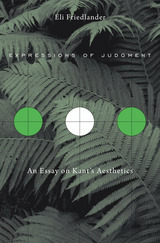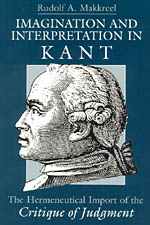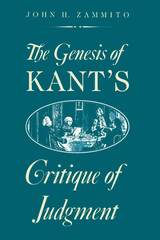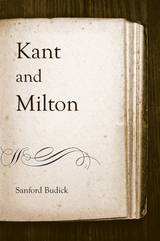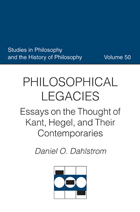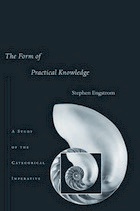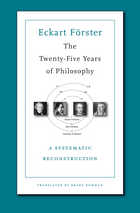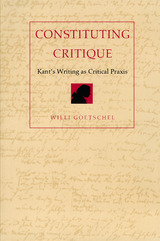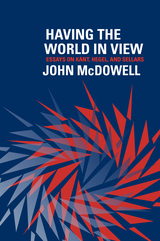Immanuel Kant: The Very Idea of a Critique of Pure Reason
Northwestern University Press, 2016
eISBN: 978-0-8101-3249-8 | Cloth: 978-0-8101-3245-0 | Paper: 978-0-8101-3248-1
Library of Congress Classification B2779.M38 2016
Dewey Decimal Classification 121
eISBN: 978-0-8101-3249-8 | Cloth: 978-0-8101-3245-0 | Paper: 978-0-8101-3248-1
Library of Congress Classification B2779.M38 2016
Dewey Decimal Classification 121
ABOUT THIS BOOK | AUTHOR BIOGRAPHY | TOC | REQUEST ACCESSIBLE FILE
ABOUT THIS BOOK
Immanuel Kant: The Very Idea of a Critique of Pure Reason is a study of the background, development, exposition, and justification of Kant's Critique of Pure Reason. Instead of examining Kant's arguments for the transcendental ideality of space and time, his deduction of the pure concepts of the understanding, or his account of the dialectic of human reason, J. Colin McQuillan focuses on Kant's conception of critique. By surveying the different ways the concept of critique was used during the eighteenth century, the relationship between Kant's critique and his pre-critical experiments with different approaches to metaphysics, the varying definitions of a critique of pure reason Kant offers in the prefaces and introductions to the first Critique, and the way Kant responds to objections, McQuillan is able to highlight an aspect of Kant's critical philosophy that is too often overlooked—the reason that philosophy is critical.
See other books on: 1724-1804 | Criticism (Philosophy) | Kant, Immanuel | Knowledge, Theory of | Reason
See other titles from Northwestern University Press
